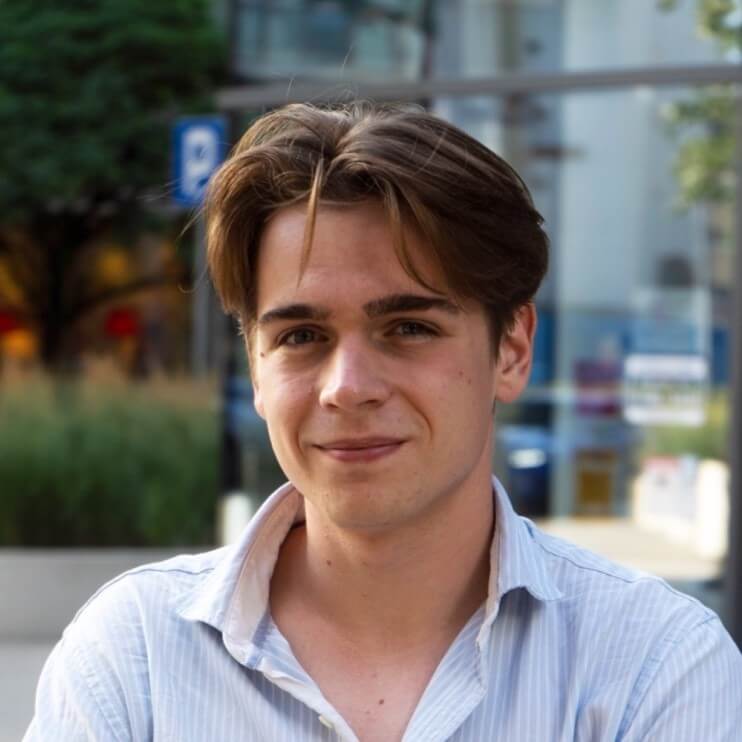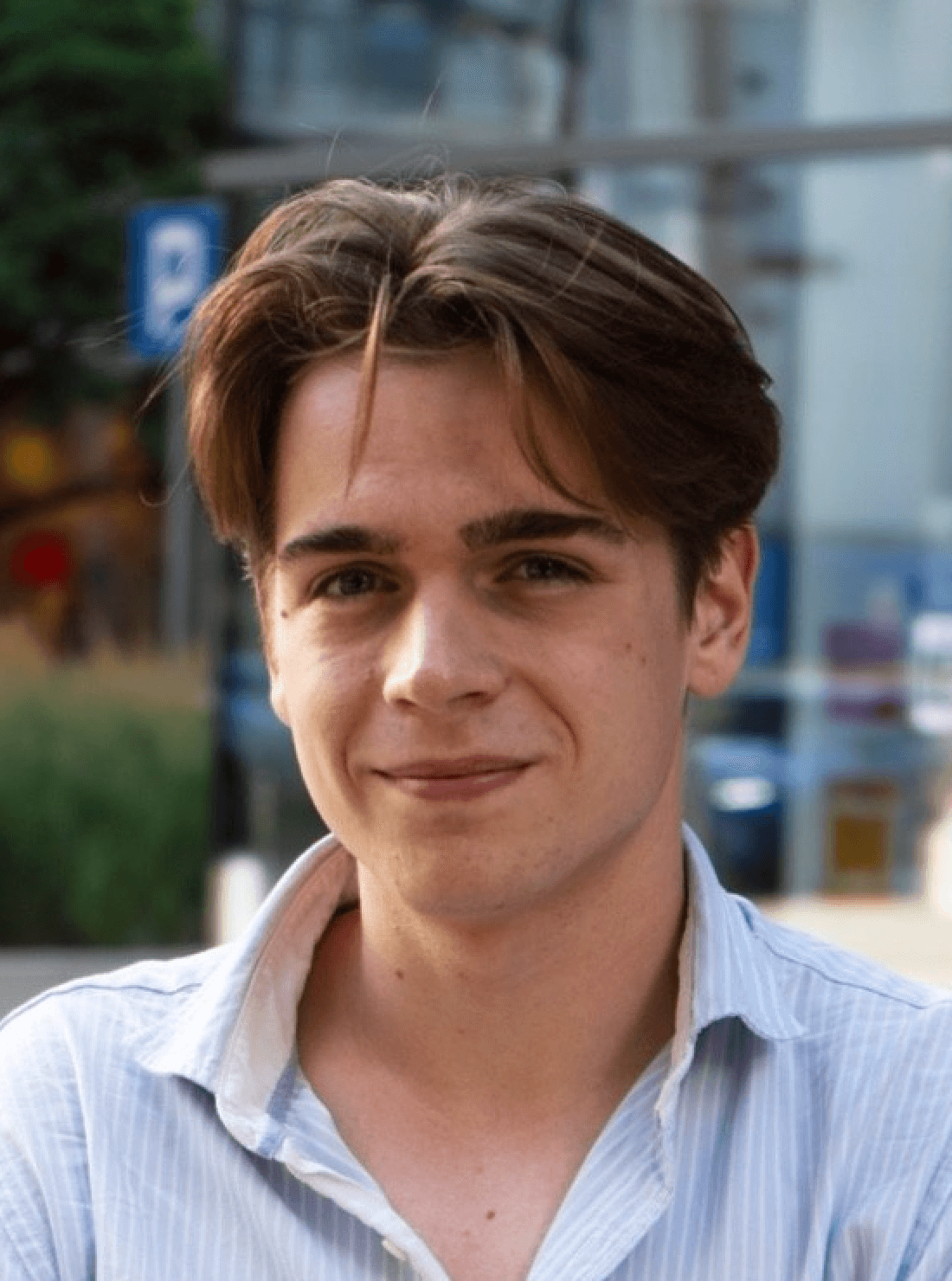Viva Technology Paris is an international platform connecting startups and technology companies from around the world. It is one of the largest trade show devoted to the development of startups, technologies and innovations in the World.
Seedia was represented by its CEO – Piotr Hołubowicz, who gave an interview for Spider’s Web. Its content is posted below.
Seedia is already talking with representatives of cities from the United States to Israel. The most important for them is sharing data and coherence of the modernization strategy – with which Polish cities still have problems.
Seedia is a Polish startup founded by Piotr Hołubowicz and Artur Racicki, the head of Social WiFi. They involved in the production of intelligent and ecological urban furniture:
- Benches – Internet access point with a smartphone charger and a solar panel,
- A bus shelter with an e-paper screen,
- A trash that informs the responsible services when it is full.





